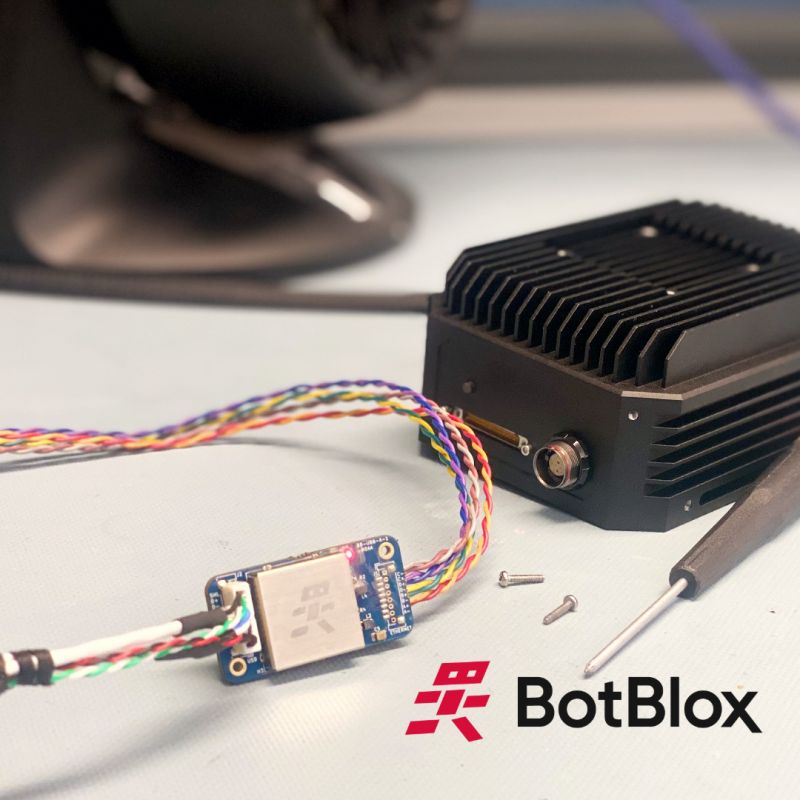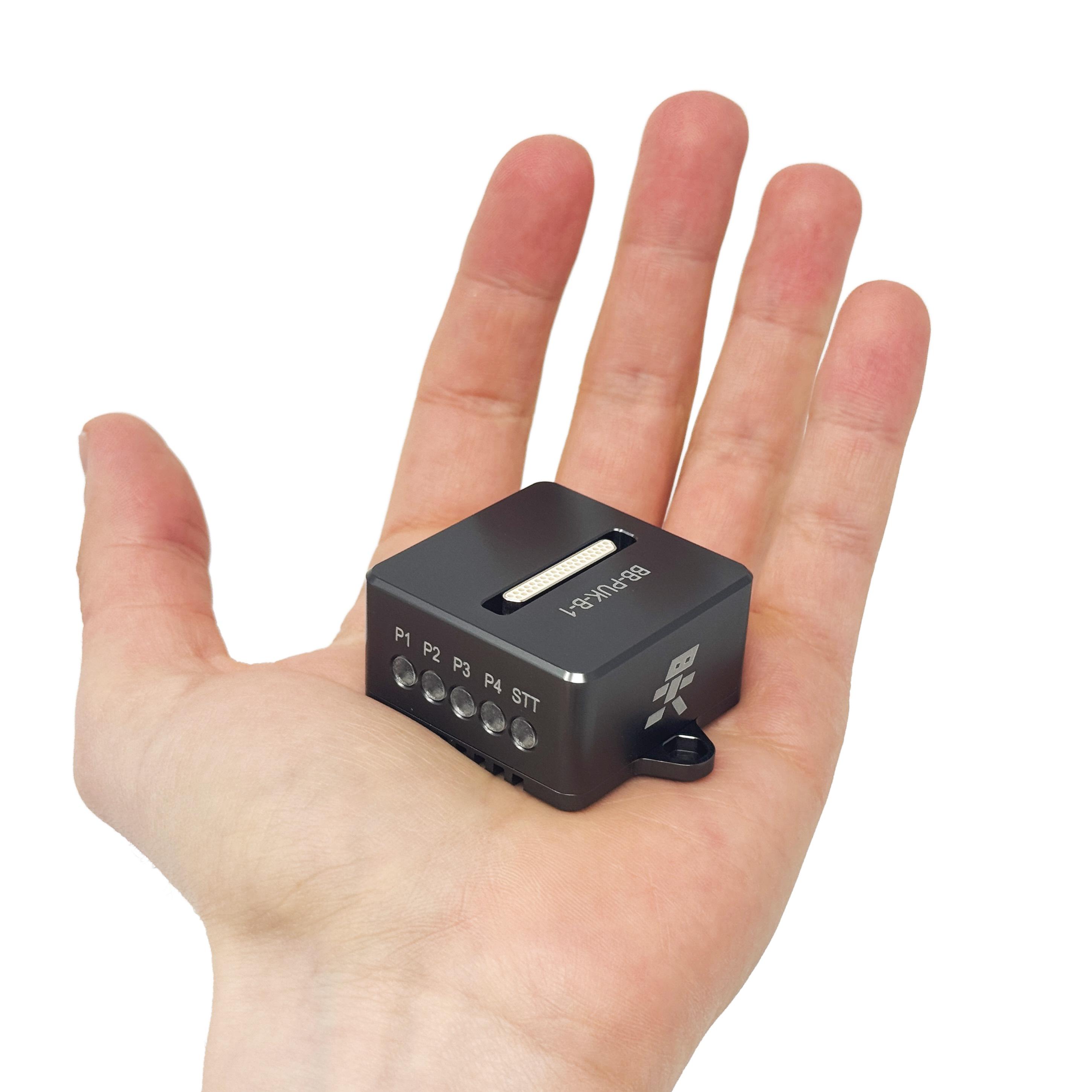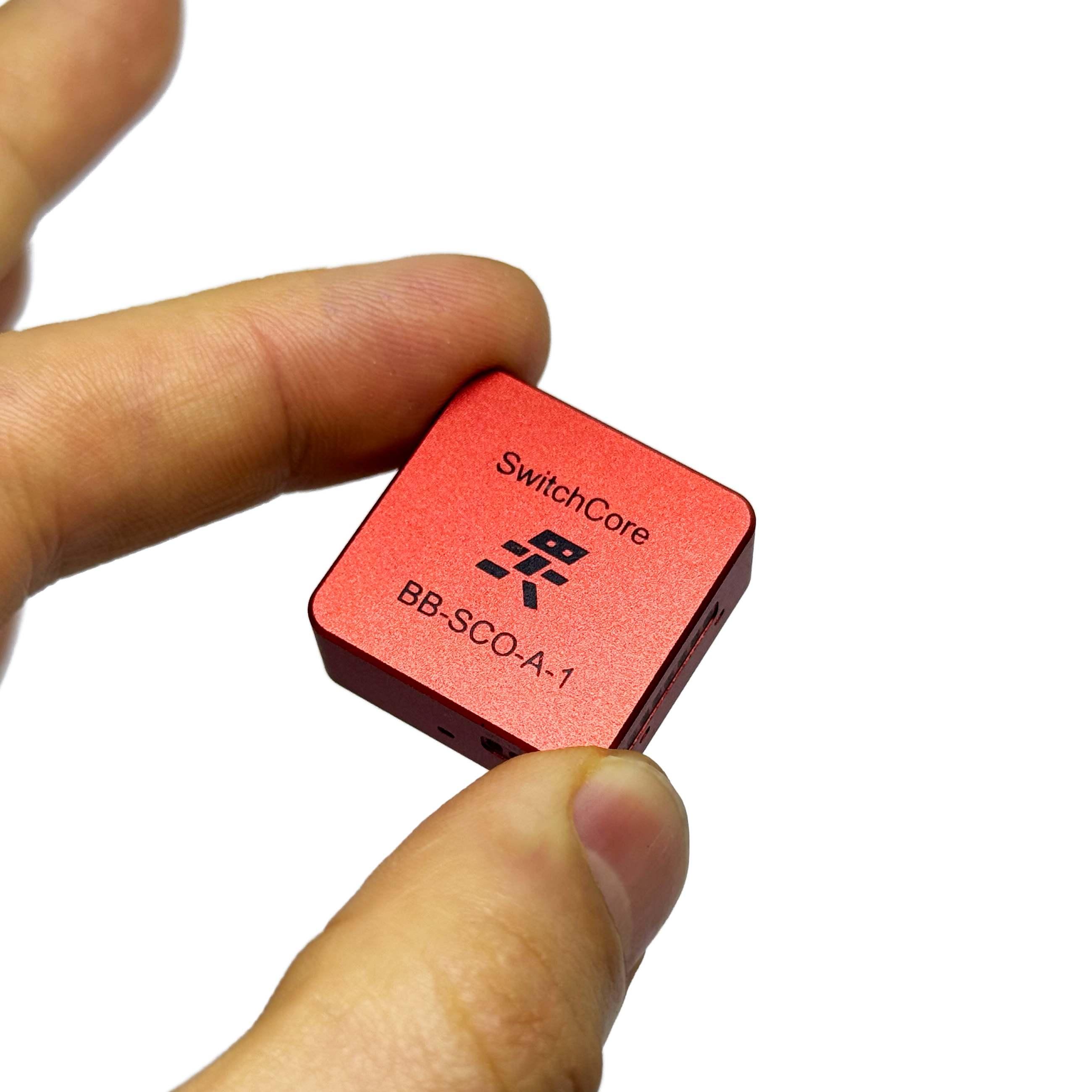How Josh Elijah Accidentally Created a Profitable UAV Hardware Company That’s Beating Giants
For Elijah, entrepreneurship is less about flashy pitches and more about solving root problems.
Published Aug. 18 2025, 7:30 p.m. ET

Josh Elijah didn’t set out to build a defense tech novelty, but he did want to solve real engineering problems. Yet, from his modest home office in rural England, Elijah launched BotBlox. This UAV hardware startup now powers mission-critical systems for the U.S. Navy, NASA, Lockheed Martin, and NATO.
With no venture capital, no flashy launch, and no corporate-level safety net, BotBlox reached $2.5 million in revenue in 2024 and earned a place on Deloitte’s EMEA Technology Fast 500. What began as a side hustle is now shaping the future of drone technology for global defense infrastructure.

Engineering Roots and Kicking the 9 to 5
Elijah’s journey began at the University of Manchester, where he earned First Class Honours in Electronic Engineering while building robots and small drones before they were mainstream. After graduation, he briefly pursued a PhD studying hyperspectral imaging in Colombia before ditching academia entirely without a backup plan.
With little more than his laptop and a passion for building, he set up shop in a fablab in London. His first venture was a robotics Kickstarter that raised $64,000 but failed after a fallout with the co-founder. After refunding everything, the failure taught him how to deliver.
The Consulting Hustle That Funded a Hardware Empire
Elijah turned to Upwork, charging £10/hour for freelance electronics work. Within a few years, he created a consulting business, had earned over $500,000, hired staff, and became a top-ranked electronics consultant in the UK. His clients ranged from military antenna developers to medical device makers.
One of those consulting jobs was designing a tiny Ethernet switch for a power line inspection drone. This sparked the idea for BotBlox. “I built a prototype, spent $600 to manufacture 10 units in China, and launched a basic site under the name BotBlox. I didn’t think much of it,” he recounts.

The orders began to trickle in while Elijah was consulting for Morgan Stanley. There, he helped design low-latency trading hardware and got four patents. Meanwhile, his BotBlox business was shipping military-grade hardware to NASA and the U.S. Navy.
Brilliance Built from Bootstraps
Elijah remains hands-on in his business, personally answering questions on the BotBlox forum. He advises engineers on jamming resistance, low-SWaP systems, and secure supply chains. “I’m regularly on calls with customers, helping them design their drones to be robust,” he says.
With insight into how to source semiconductors that aren’t from China and advising military defense teams on secure supply chain architecture, Elijah is an essential voice in defense electronics.

What’s Next: Becoming the Cisco of Drones
For Elijah, entrepreneurship is less about flashy pitches and more about solving root problems. His advice is to take risks in your twenties and know when you should switch gears. “Be an engineer for product development, but be an entrepreneur for business development. Engineers calculate all scenarios and design for the worst case. Entrepreneurs take action and seek feedback,” he explains.
BotBlox is on track to cross $4 million in revenue this year, but Josh Elijah isn’t slowing down. He hopes to expand the product line and become the “Cisco for drones.” In an industry dominated by giant corporations, his story proves that hands-on customer-centered engineering can still win.